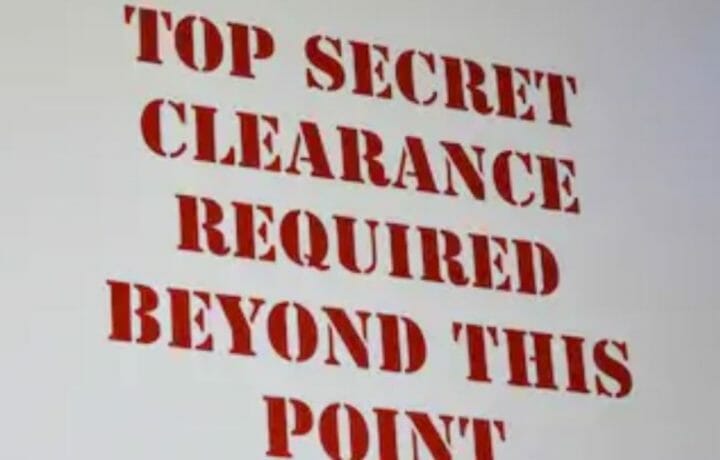Sensitive Compartmented Information (SCI) is a subset of Classified National Intelligence (ICD 703 D(2)). SCI encompasses all things intelligence-related such as intelligence sources, intelligence methods, or intelligence analytical processes. SCI is handled according to requirements which the Director of Central Intelligence establishes (DCID 6/1 1.1.18).
To access SCI or be “read in,” a candidate requires a formal “need-to-know” and be at the appropriate classification level. If those are established, there are other basic SCI criteria a candidate requires for eligibility: US citizenship; characteristics of sound judgement, reliability, and US loyalty; incorruptible character and not prone to external leverage and/or conspiring to overthrow the US Government (ICD 704 E).
Once granted SCI access, the successful candidate must sign a SCI Non-Disclosure Agreement and receive an initial briefing (EO 13526 4.1(a(2))). The Cognizant Security Authority presents both . The Cognizant Security Authority also must present annual “refresher” briefings to individuals with access to classified materials (ICD 710 G(6(a)) and EO 13526 4.1(b)). individuals with TS/SCI access require periodic reinvestigations every five years (ICPG 704.1 K(1)). When there’s no longer a need for SCI access, the Cognizant Security Authority is responsible for debriefing the affected individual. Once debriefed, the individual must sign a Security Debriefing Acknowledgement form.
The question frequently arises among security cleared applicants – does possessing a Top Secret security clearance mean you have a TS/SCI security clearance? It does not. As the definition of SCI states, there is a requirement that the individual has a need to obtain the information and is read into the program. It is possible to undergo the Single Scope Background Investigation (SSBI) required to access Top Secret information without being read into an SCI program.




